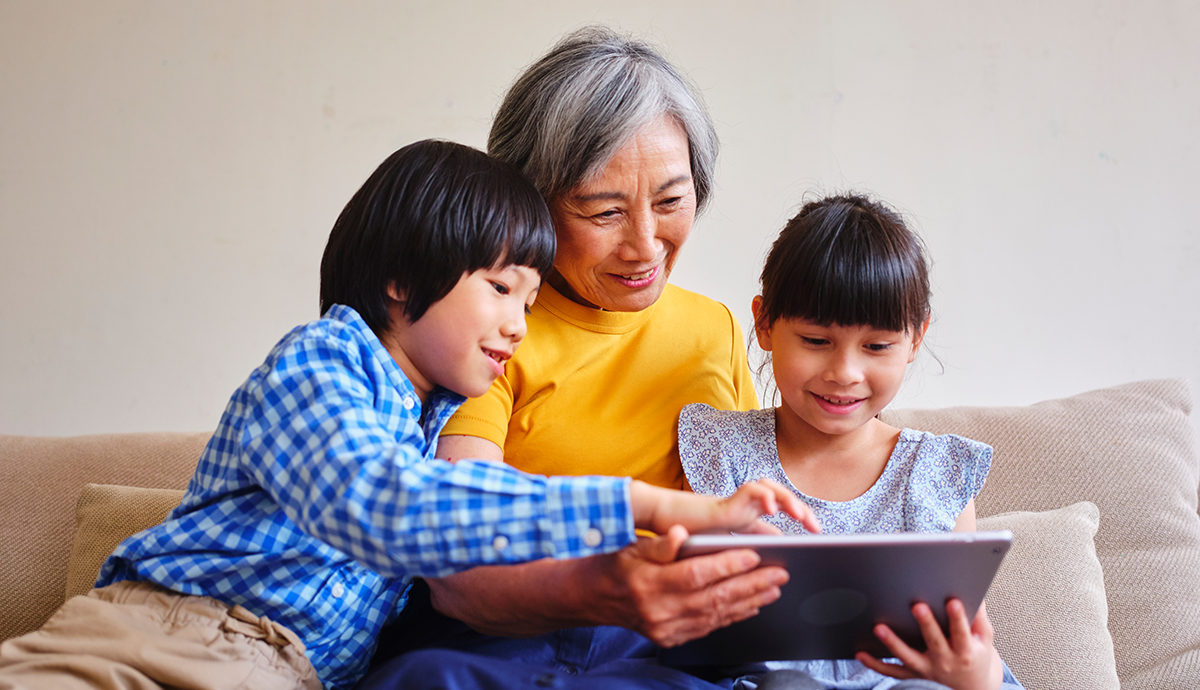September 21, 2022
Connected to family through kinship care
NEWS
SEATTLE, Washington – Each September, the nation celebrates National Kinship Care Month. We salute the tireless commitment of an estimated 2.7 million kinship caregivers across the country – the relatives, extended family members and tribes who protect and nurture children through informal family arrangements or child protective services.
When a child enters foster care, relatives ranging from grandparents and aunts and uncles to older siblings and non-related extended family members are often the first and preferred placement option child welfare agencies explore. This is done in a child’s best interest, and it helps to ease the transition of being removed from their home and their parents. Over one-third of all children in foster care are in a kinship placement.
Kinship care allows children and youth in foster care to maintain family relationships, cultural heritage and connections to their own community and familiar surroundings during what can be turbulent times. Research suggests that children in kinship care are often better able to adjust to their new environment, less likely to experience school or behavioral problems and less likely to be moved than children in non-kinship foster placements.
Recognizing the importance of family preservation and/or reunification is a guiding principle of National CASA/GAL’s work. We know that family connections provide children and youth a sense of belonging and love. That’s why CASA/GAL volunteers partner with experts and their community to identify and help preserve family connections whenever possible and recommend services to assist kinship care families. This work to strengthen family ties truly defines best-interest advocacy and highlights the transformative impact our volunteers have on the lives of each child or young person – and the whole family that surrounds them.
This month, as we honor the extended family members who step up and step in to provide a sense of belonging and hope for children and youth who have experienced abuse or neglect, we encourage you to reflect on how you can recognize and support a kinship caregiver in your own community. Each of us has role to play in strengthening families so that children can thrive in a safe and permanent home.
